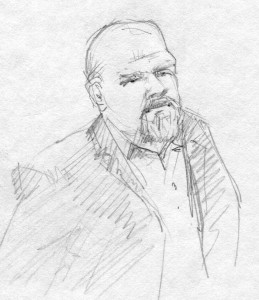Fade out on Products Are Hard Melbourne 2013
Dear Melbourne, you were an amazing audience and an integral part of making the conference the wonderful day that it was. We are forever grateful for your support, attention, and engagement. Life is short and days are precious. Thank you for spending one with us.
Slides
Slides from the presentations are available at Speaker Deck. The one glitch in the day (we attribute it to the Coriolis effect in the Southen Hemisphere) means that not everything was fully captured on video, but we’ll keep you notified if and when those videos become available.
Photos
Audience and speaker photos are posted on Flickr. Thanks again to Patrick Smith for making these beautiful images. Working with him was painless and delightful, and you can find more of his work and booking information at www.burntcaramel.com.
SpeakerRate
If you want to show your appreciation and support for any of our speakers, please rate and comment on your favorites at SpeakerRate. That also helps us continue to find the best and most relevant speakers for our future events.
Storify & Twitter
We’ve collected the massive outpouring of tweet love from the day on Storify. And in the vanishingly unlikely event that you don’t already follow us, our twitter handle is @productsarehard.












